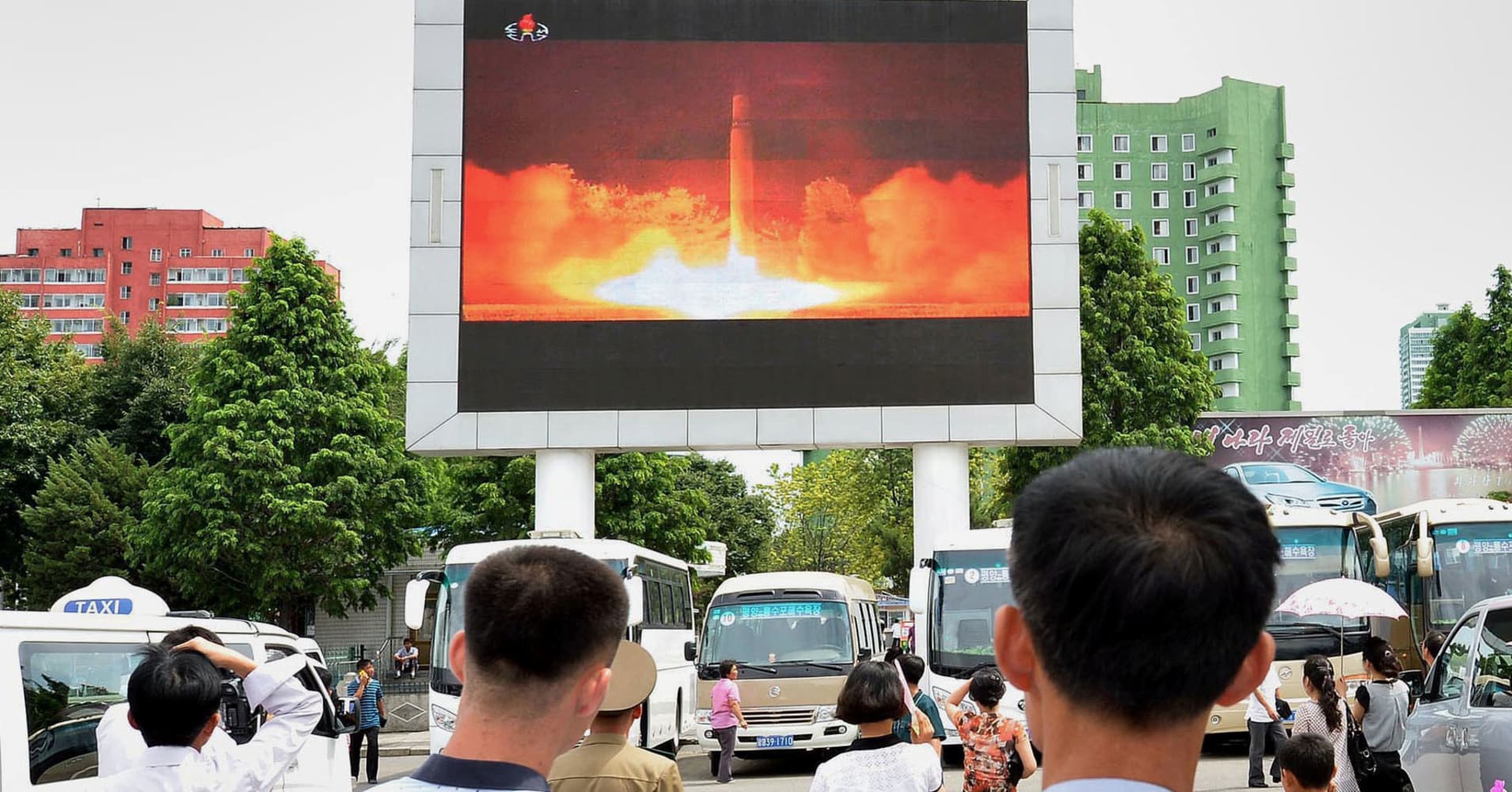
Pyongyang props up its nuclear program with income from the sale of various illegal goods, including weaponry, synthetic drugs, counterfeit currency and nuclear technology. Those go to a range of frontier markets across Africa, the Middle East and Southeast Asia. And while North Korea has been under sanctions since 2006, that`s never deterred buyers — until maybe now.
As Washington and Beijing turn up the heat on Kim Jong-un`s regime, reflected by Saturday`s new penalties, fewer nations may now be willing to risk the international community`s wrath by engaging with Kim.
"There is now a much greater effort.to cut Pyongyang`s diplomatic ties in the developing world and raise awareness of various U. resolutions," said Karl Dewey, an analyst specialized in chemical, biological, radiological and nuclear assessments at defense researcher Jane`s by IHS Markit.
The fresh set of penalties imposed on Kim`s administration this past Saturday could subtract $1 billion from Pyongyang`s coffers, the U. State Department estimated.
"Tighter sanctions and added pressure from the U. could make it even more difficult for North Korea to push through some future contracts as countries could think twice about buying from North Korea at this time," echoed Omar Lamrani, senior military analyst at geopolitical intelligence firm Stratfor.
A key reason behind the potential shift in mentality from previous years lies in the nitty-gritty of Saturday`s resolution.


0 comments:
Post a Comment